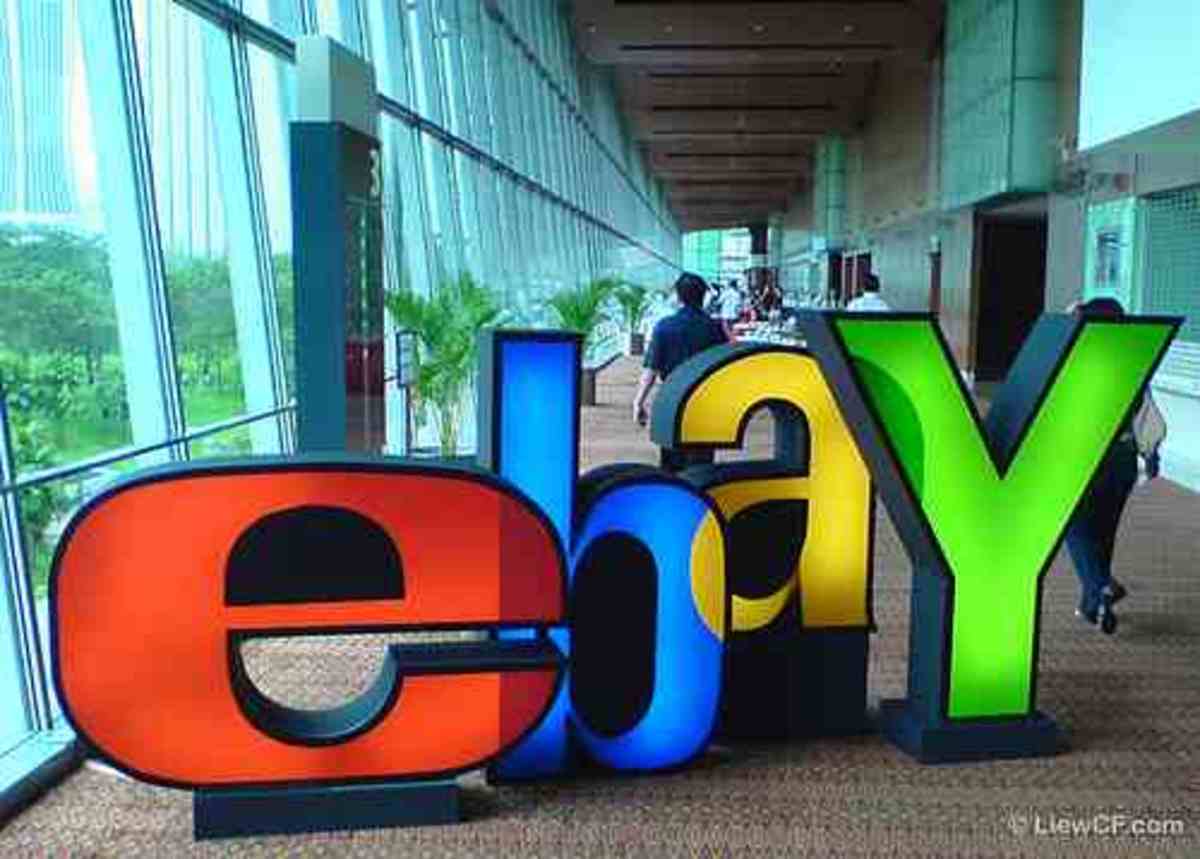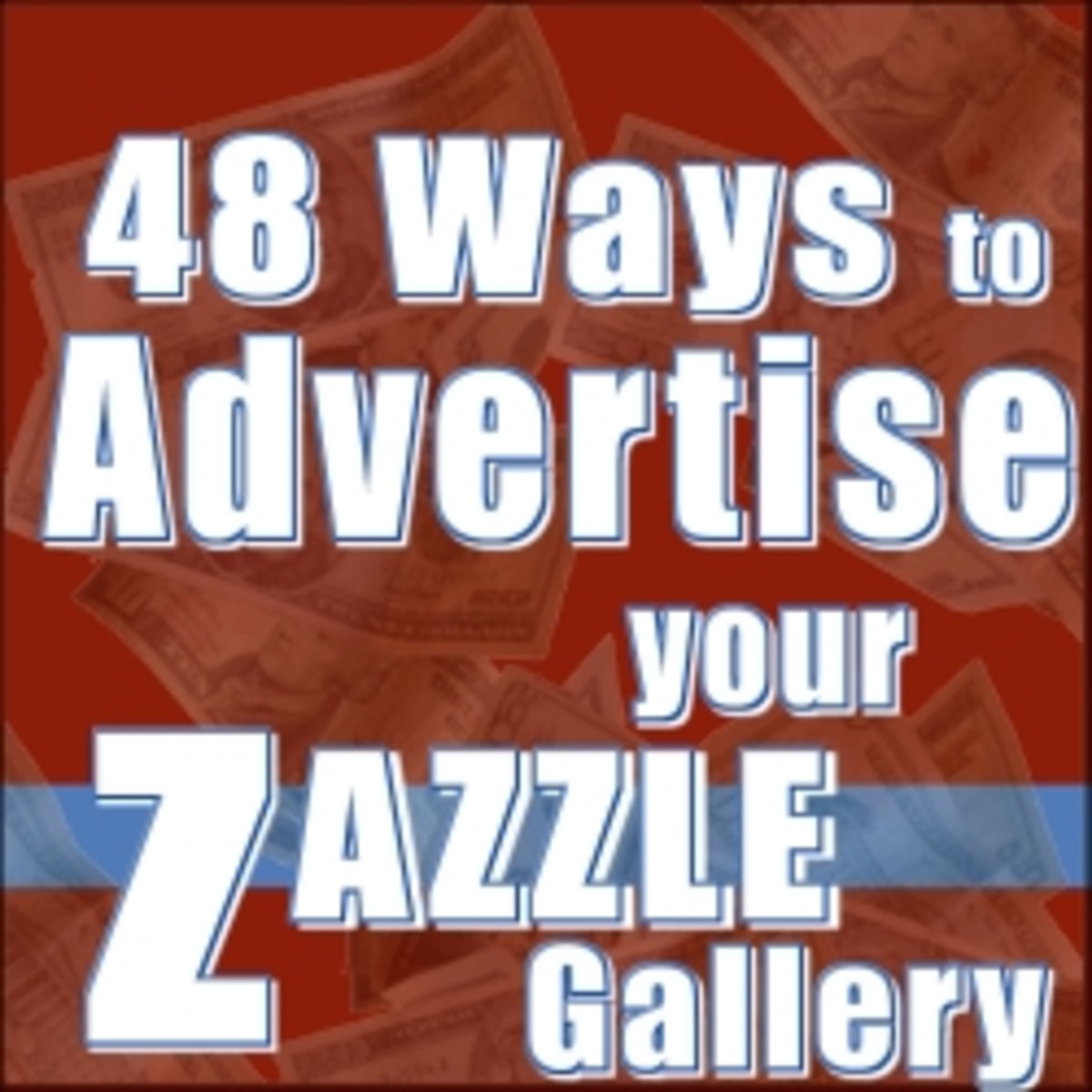How to Increase Your Amazon Sales

How to Increase Your Amazon Sales on Hubs and Blogs
You read that right. You can dramatically increase your Amazon sales on your hubs and blogs by appealing to just three basic emotions of the reader.
Here is how I learned this valuable lesson. While the earth was still cooling, I ran a mail order business. This was in the year 1974 BC. BC meaning Before Computers. In those days we used typewriters. I had a new electronic model – the IBM Selectric – which had a round golf-ball element front and center of the typewriter instead of the continuously sticky keys of older models. I was in love with that typewriter. Any of you old enough to remember it?
To sell products by mail successfully, I learned that you needed at least a basic knowledge of the human emotions that guide a buyer before attempting to write ad copy. Sure, I’m a pro when it comes to human behavior and motivation. (A pro by my definition is someone who knows how little they really know). But “buyer emotions” are something else. I read a book written in the 70s which has since disintegrated due to perverse meteorological conditions; it blew away in a hurricane.
But the good news is I remember the author’s claims that there are four basic emotions that generally motivate buyers to buy: fear, greed, vanity and exclusiveness. As a result of my mail-order experience, I combined the motivations of vanity and exclusiveness since I found them to be two sides of the same coin. Remember now, these three emotions apply to mail order or direct response/marketing as it is now called. The same medium you are using when you display ads from Adsense, Amazon or eBay on your hubs or blogs. The only difference: PayPal is utilized as an intermediary.
First a little background on basic human emotions.
Paul Ekman, Ph.D. (February 15, 1934) is a psychologist who has pioneered in the study of human emotions. In fact, he is considered one of the 100 most eminent psychologists of the 20th century.He was named one of the top 100 most influential people in the May 11, 2009 edition of Time magazine. Footnote: In the television series, “Lie to Me,” the character named Cal Lightman (played by Tim Roth) is loosely based on Dr.Paul Ekman.
Here is Ekman’s first list of six basic emotions:Anger,Disgust, Fear, Sadness, Surprise, and Happiness (see video below). Later Ekman added the eleven emotions: Amusement, Contempt, Contentment, Embarrassment, Excitement, Pride in achievement, Relief, Satisfaction, Sensory pleasure, Shame, Guilt.
Dr. Ekman and the Dalai Lama: explanation of Happiness
Buyer Behavior
Other psychologists have added to this list with the motivations of Acceptance/Fitting in, Altruism, Boredom, Confidence, Curiosity, Desperation, Envy, Greed, Insecurity, Patriotism, Revenge, Security, Sympathy, Vanity, Whimsy/Wit.
You may remember I said there are three basic emotions that motivate buyers to buy: fear, greed, and vanity/exclusiveness. So here are some simple operational definitions for these three emotions as they apply to writing copy for potential buyers. And some typical marketing copy.
Words and Phrases that Sell!
Fear can be defined as anxiety, worry, apprehension, mistrust, dismay, panic. Fear can be one of the most critical negative emotions we may experience. It may cause guilt to arise because of anxiety over the outcome of past failures. The buyer is fearful of repeating past mistakes.
Suppose we are selling gift baskets for Mother’s day. Using the emotion of a potential buyer’s fear, our copy might begin like this: “Show Mom on Mother’s Day just how much you love her with this gift. Don’t ruin her day with just an email.” (like you did last year).
Greed can be defined as desire, cupidity, avarice, acquisitiveness, covetousness, greediness, impatience, even lust. It is the buyer’s desire to acquire something without wanting to pay the cost of the acquisition.
If we are selling the same gift basket, using the emotion of our hypothetical buyer’s greed, our copy could read like this: “Half-price sale on Mother’s Day Gift Baskets right now. Send this delectable basket to your Mom today.”
Exclusiveness/Vanity. Let me explain these two very similar motivations by asking two questions. Why do people buy a new product? Reason #1 - because no one else has it. Exclusiveness. Or, Reason #2 -because everyone else has it. Vanity. Let me illustrate. Why did people line up to buy the Apple iPad when it first became available? Reason #1. Why are so many people buying it now when it is no longer brand new on the market? Reason #2.
We still have some of our mythical gift baskets left so here is the copy for the buyer motivated by exclusiveness: “Supplies are very limited so order this magnificent gift basket today for your Mom for Mother’s Day. She will be thrilled.”
And for the buyer motivated by vanity, your copy might read: “Your Mom’s friends will be so jealous when they see this magnificent gift basket you sent her for Mother’s Day.
Sell More with Behavioral Styles
More Useful Hubs
- How You Can Find New Topics for Hubs
How do you get ideas or find topics? How do you think of new subjects to write about in Hubpages?Here is my answer which is... - How to Generate More Traffic
Have you ever wondered why some Hubs and blogs get mega traffic and others very little? Discover how to use the ...
The bottom line when it comes to analyzing the behavior of buyers is this: People buy things so they can feel better about themselves. The powerful emotions of fear, greed, and exclusiveness/vanity have proven to be some of the most effective motivators you can use. Take advantage of these emotions now so you can appeal to your readers to start clicking.
Buyers buy with their hearts first.The primitive, emotional part of the brain, the amygdala, leads the way. Buyers buy with their heads second. Logic arrives afterwards as the brain justifies the decision the heart has already made.
Everyone is motivated, but they are not necessarily motivated by the same emotions that motivate you.
Copyright BJ Rakow 2010, 2011, 2015. All rights reserved. Author, "Much of What You Know About Job Search Just Ain't So."









